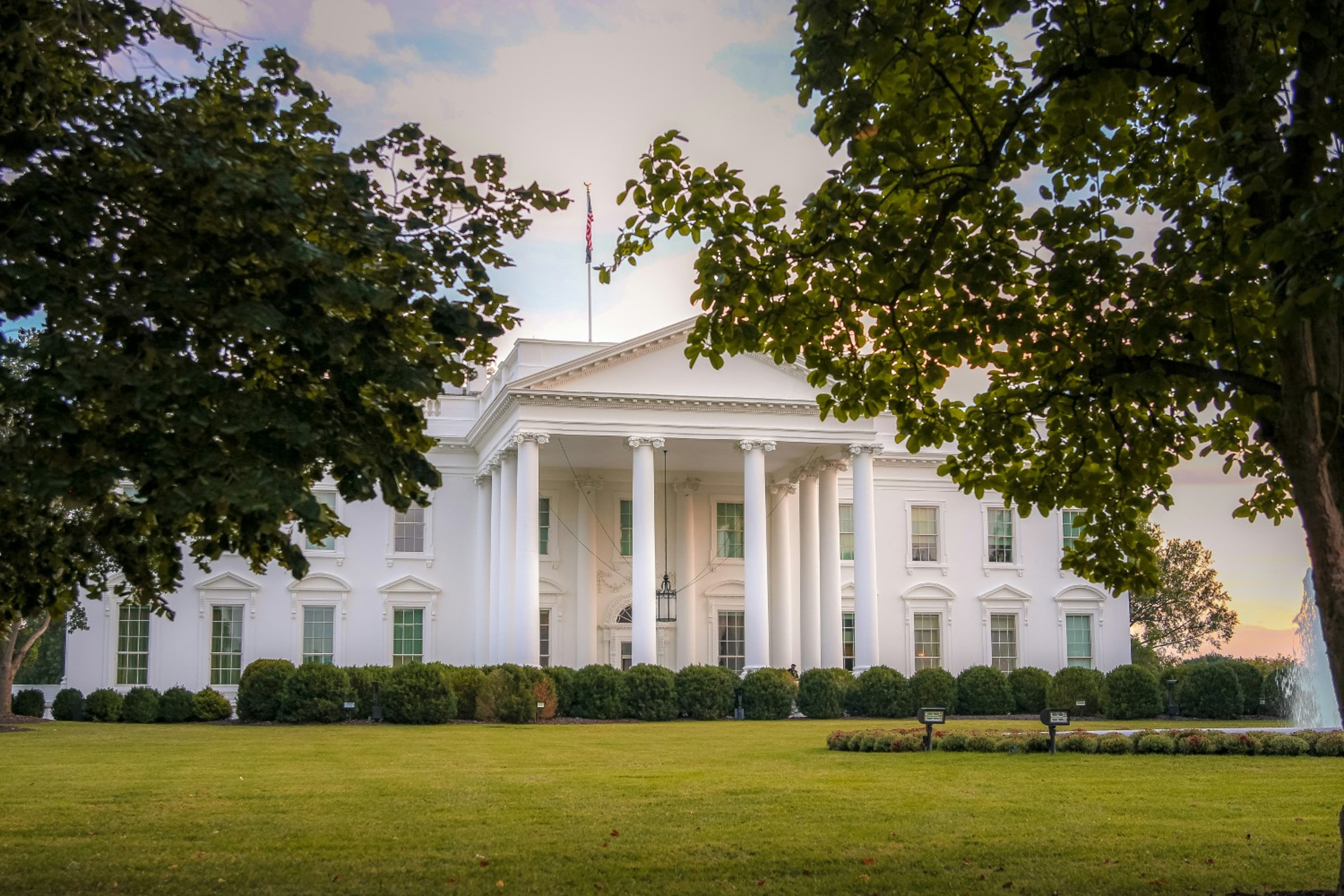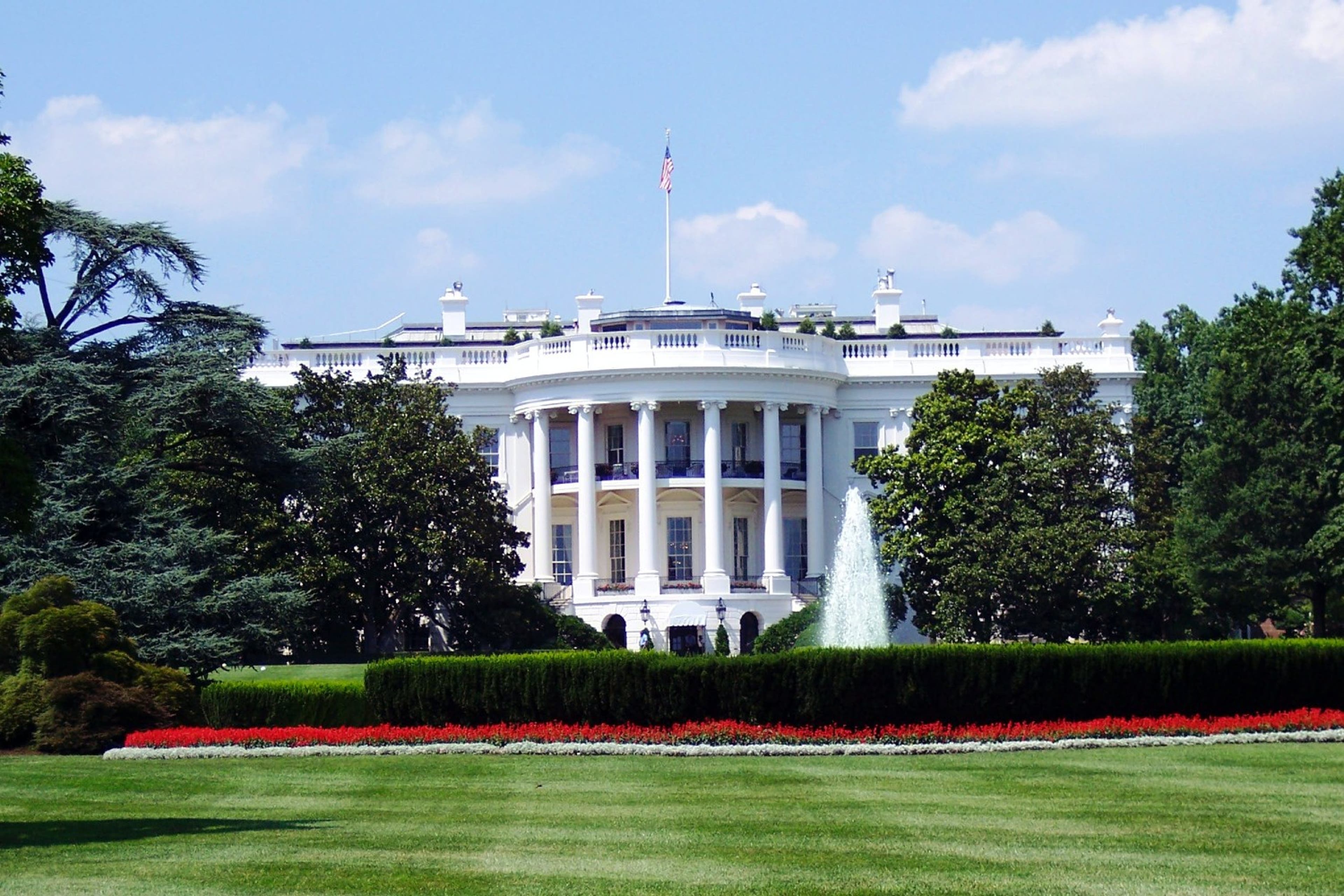Trump rescinds Biden's AI safety executive order


Published:
Contributors:
Caitlin Andrews
Former Staff Writer
IAPP
U.S. President Donald Trump made good on his campaign promise to rescind the Biden-Harris administration's executive order aimed at placing guardrails around the federal government's use of artificial intelligence and setting standards for safe development of the technology.
The executive action comes after much of the Executive Order on the Safe, Secure, and Trustworthy Development and Use of Artificial Intelligence's work around developing recommendations, creating research opportunities and issuing reports was completed, according to an archived version of a White House press release. Those items will likely stay in place unless federal agencies make efforts to replace them, the Business Software Alliance Senior Director of Policy Shaundra Watson told the IAPP.
But other efforts, including proposed rulemaking and the requirement for companies to submit their safety testing results to the government, are halted as of 20 Jan.
The move to rescind was included in Trump's larger efforts to undo much of former President Joe Biden's policy work, and it signals a shift in the U.S. approach to AI. The shift comes as Congress continues to mull the appropriate legislation on AI while state legislatures are working to develop their own rules.
Some AI professionals say the revocation of the prior order will give companies permission to push back against AI safety efforts, while others say it opens a venue for those safe companies to continue forging rules under a different administration.
"A lot of the broad strokes of the Biden (executive order) resemble what was in the first Trump administration executive orders on AI — agency plans to deploy AI that is trustworthy, protective of privacy and individual rights, and safe — and I don't imagine this Trump administration will want advanced models to get into the hands of China or other hostile actors," Brookings Institute Distinguished Visiting Fellow in Governance Studies Cameron Kerry said. "So the new administration has its work cut out for it on AI."
It is not clear if Trump plans to issue his own orders around the burgeoning industry, but there are initial signs of the administration leaning into innovation. The New York Times reported the Trump administration is entering a partnership with OpenAI, SoftBank and Oracle that aims to develop USD100 billion worth of technology infrastructure.
Biden's executive order took a consumer-focused approach. It urged companies to take issues such as data privacy, worker safety and possible discrimination seriously when developing or using AI. It also established a National AI Research Resource center meant to make studying AI easier.
Trump's new "Stargate" partnership with the private sector shows potential interest in AI studies. Additionally, the new administration has yet to rescind Biden's more recent executive order focused on building data centers.
Suresh Venkatasubramanian, a professor at Brown University and former assistant director at the White House Office of Science and Technology Policy who helped develop the Biden-Harris administration's Blueprint for an AI Bill of Rights, told the IAPP it is unclear if any of Biden's safety measures will be revived in a different format. But he anticipates the reversal of the order would embolden companies to pause AI safety measure adoption and potentially resist working with safety institutes around the world, which could increase attempts to water down the guidance currently being developed in the EU on how to implement its landmark AI Act.
"The tech industry as a whole has been clamoring for a lighter touch on regulation while also arguing that many AI governance principles can be adopted voluntarily," Venkatasubramanian said. "We are now in the middle of a live experiment to see if this is true."
Caitlin Andrews is a staff writer for the IAPP.

This content is eligible for Continuing Professional Education credits. Please self-submit according to CPE policy guidelines.
Submit for CPEs


